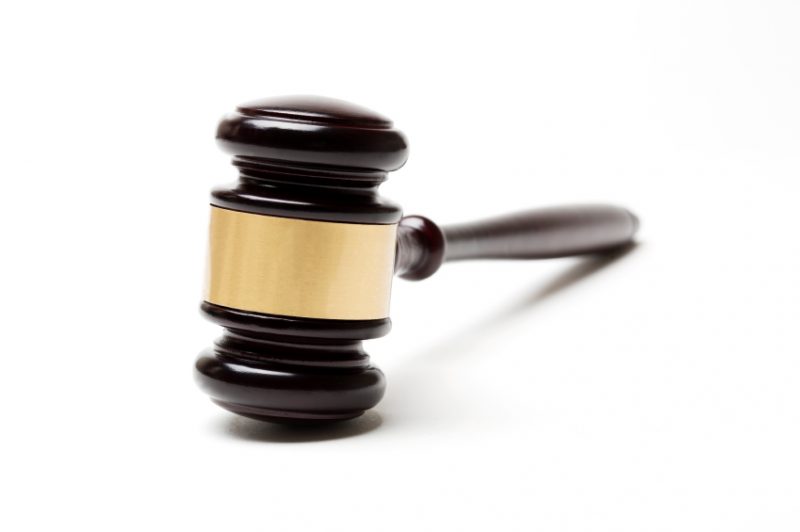
She may not have won last Sunday’s Daytona 500, but rookie NASCAR driver Danica Patrick definitely attracted the most buzz. Most of that attention focused on how she became the first woman to earn the pole position at Daytona. While some may still know her by her appearances in risqué GoDaddy.com ads than for her driving, a closer look at her story reveals just how much time, effort and planning has gone into her brand. According to an in-depth ESPN Magazine profile by Janet Reitman, it all started with “Plan Danica.” Reitman describes how Patrick caught the racing bug as a young girl and soon had her own “hero cards, the flashy racing version of baseball cards, as well as T-shirts featuring her name and picture.” After her father signed her up for a public speaking course, Patrick “blossomed into a polished pitchwoman,” said Reitman.
Off to the Races
When major media outlets came knocking a few years later, Patrick was ready, and her hard work both on and off the track continued to pay off. In 2002 she was picked up by David Letterman’s and Bobby Rahal’s Rahal Letterman Racing, and in 2005 she was named “Rookie of the Year” at the Indianapolis 500. Another major strategic decision was Patrick’s move from IndyCar to NASCAR. Her recent success will surely be a boost for the racing league, which is already a huge industry. “Right now, the spotlight is on Danica Patrick, someone who has no problem making headlines and handling same,” writes Forbes’ Darren Heitner. “Her 720,000+ followers on Twitter do not mind the attention Danica is demanding. Neither does NASCAR.” An early start isn’t the only factor that has contributed to Patrick’s success and high profile. Her gender has made her story unique in the racing world, but her management of that story has been the key. Sally Jenkins’s Washington Post column sums it up perfectly:
“What’s most interesting to me about Patrick, though, is not her womanness, but how she deals with it. Watching her walk through her fledgling career as the only female in NASCAR is not unlike watching a driver adroitly pick off cars, negotiate curves and avoid trouble in a crowded field. It’s an essay in control. In talking to her about this larger performance, what you get is a blast of cool intelligence, a fundamentally composed whip-smartness.”
Shifting Gears
After earning her place at the front of the pack, she has begun tackling her next challenge: getting major wins on the racetrack and refining her brand. “Patrick finally seems ready to shed her reputation as a model and finally contend in races this year,” writes The Sports Quotient’s Will Hayman. Her success at Daytona was a big step, and she’s also been letting the public see more of her genuine self. “The difference between the Patrick of old and today’s version is the newer one appears to be more open and less guarded,” observes NBC Sports’ Tony Dizinno. Another smart move was picking up a Coca-Cola sponsorship last year. “It’s amazing how much my message aligned with [their brand] so well,” she told USA Today. “I feel you really can have it all in life if you do it right and work hard enough.”









